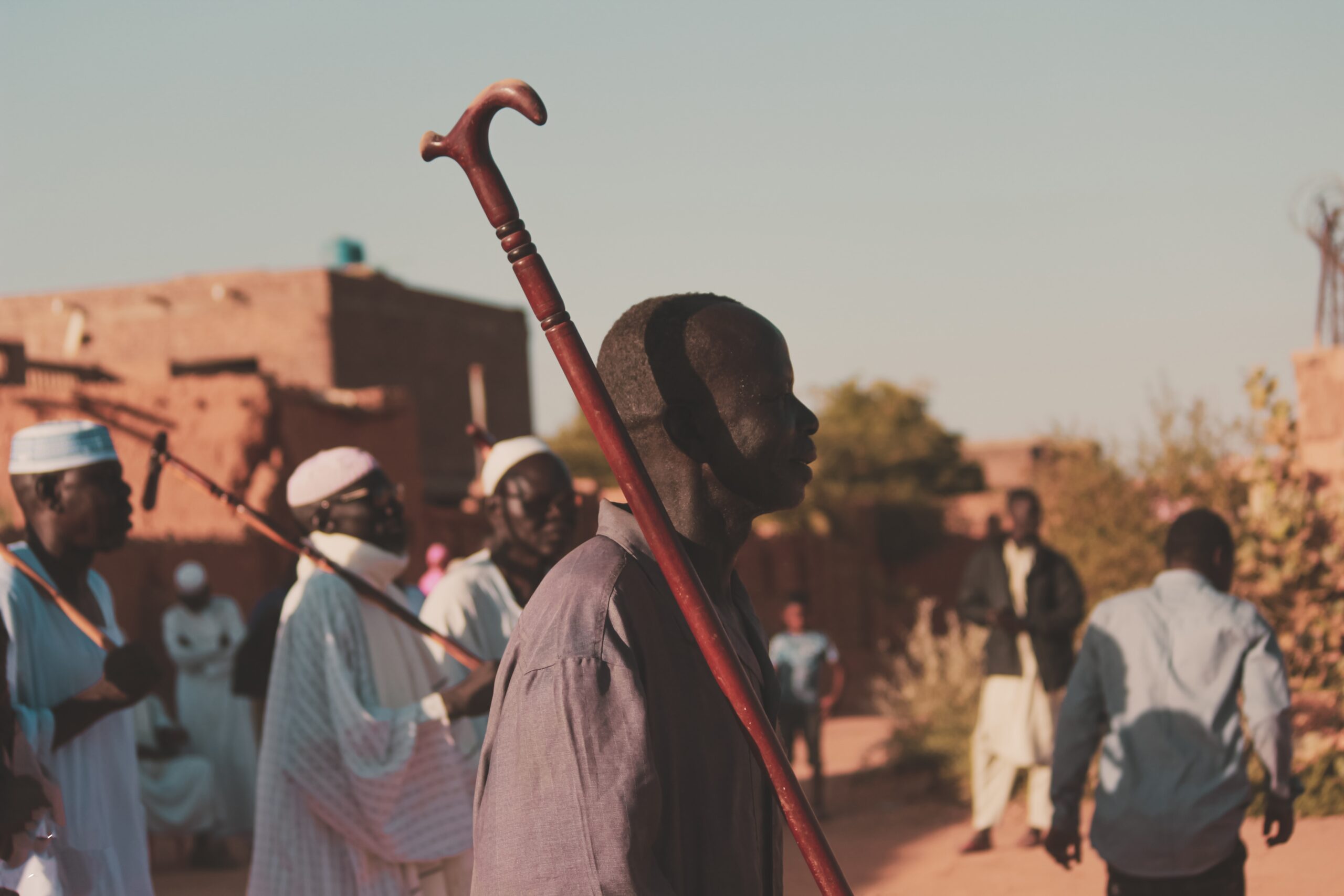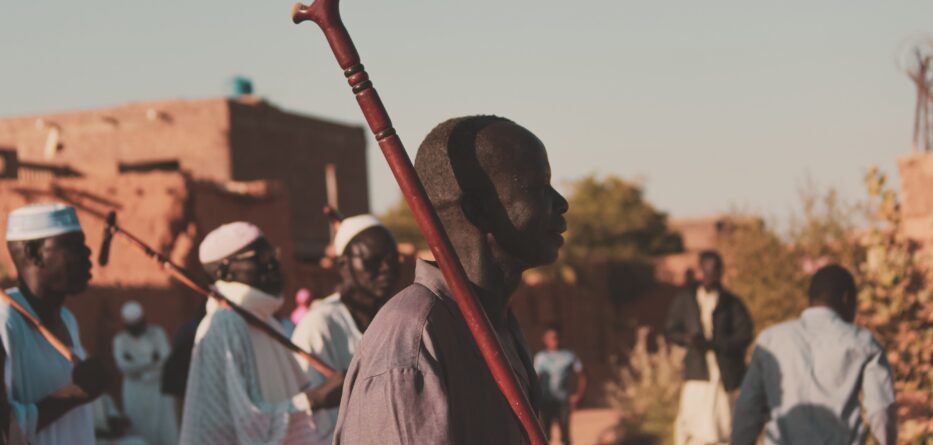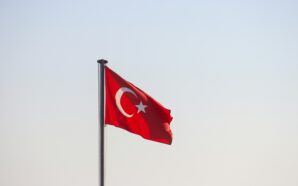

Credit: Unsplash
The Complex Conflict in Sudan: Widespread Violence and Humanitarian Consequences
The recent conflict in Sudan, which began on April 15, has resulted in widespread violence and death. The fighting was triggered by the redeployment of Rapid Support Forces (RSF) members around the country, which the army saw as a threat. Although there were hopes that talks could resolve the situation, these did not occur, and the conflict rapidly escalated in various parts of the country. The World Health Organization reports that over 400 civilians have died in the violence.
While the conflict appears to be focused on controlling key installations, much of the fighting occurs in urban areas, causing civilians to become unwitting victims. It is not entirely clear where the RSF bases are located, but it appears that their fighters moved into densely populated areas. The Sudanese air force has also launched air strikes in the capital, Khartoum, home to over six million people, leading to civilian casualties.
The Sudanese military’s involvement in the country’s politics goes back to the ousting of long-serving President Omar al-Bashir in 2019, who had been in power since he led a coup in 1989. Following mass protests calling for an end to his three-decade rule, the military removed him from power, and a joint military-civilian government was established. However, the military overthrew the government in another coup in October 2021, led by Gen Burhan, intensifying the rivalry between him and Gen Dagalo.
Nigerian students in Sudan seen with their luggage waiting to be evacuated.
— YabaLeftOnline (@yabaleftonline) April 25, 2023
In December 2021, a framework deal was agreed upon to put power back in the hands of civilians. Still, talks to finalize the details have failed, leading to further unrest and instability in the country. The conflict has had severe humanitarian consequences, with widespread violence and displacement affecting many Sudanese citizens.
The fighting in Sudan is a complex issue that involves political power struggles, ethnic and tribal tensions, economic struggles, and social divisions. To resolve the conflict and ensure long-term stability in the country, addressing these underlying issues and working toward a peaceful resolution prioritizing the well-being and safety of all Sudanese citizens will be crucial.
Elon Musk Takes on Microsoft Over Twitter
Final Destination 6 Announced at CinemaCon!
-
In a historic move, Volkswagen AG, one of the leading global automakers, announced it is considering the closure of...
-
Massive train disruptions struck central Germany this Saturday, leaving hundreds of passengers stranded and scrambling for information at Frankfurt’s...
-
The Middle East has stepped back from the edge of a broader conflict, at least for the moment, after...
-
Pakistan has been grappling with significantly slow internet speeds for weeks, sparking debate over the cause of the connectivity...
-
On the eighth day of the track and field events at the 2024 Paris Olympics, Arshad Nadeem of Pakistan...
-
The recent anti-immigrant riots in the United Kingdom serve as a stark reminder of how unchecked misinformation on social...
-
In a tragic turn of events, the death toll from two landslides in a remote region of southern Ethiopia...
-
In a dramatic and unprecedented public declaration, Shaikha Mahra bint Mohammed bin Rashid Al Maktoum, daughter of Dubai’s ruler,...
-
China’s foreign minister Wang Yi has strongly refuted NATO’s accusations that Beijing is aiding Russia in its war on...
-
The highly anticipated wedding of Anant Ambani, the son of Asia’s richest man Mukesh Ambani, is set to culminate...
-
Turkey has unexpectedly backed Greece in its ongoing effort to reclaim the Elgin Marbles from the United Kingdom, describing...
-
Turkey’s inflation rate has soared past 75% in May, marking what economists believe to be the peak of the...




















